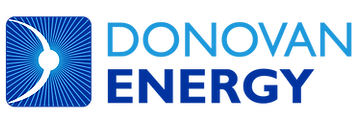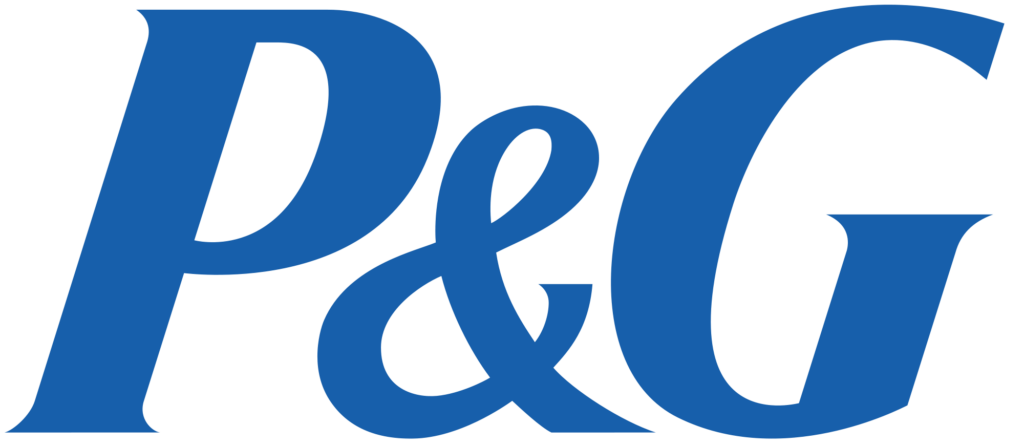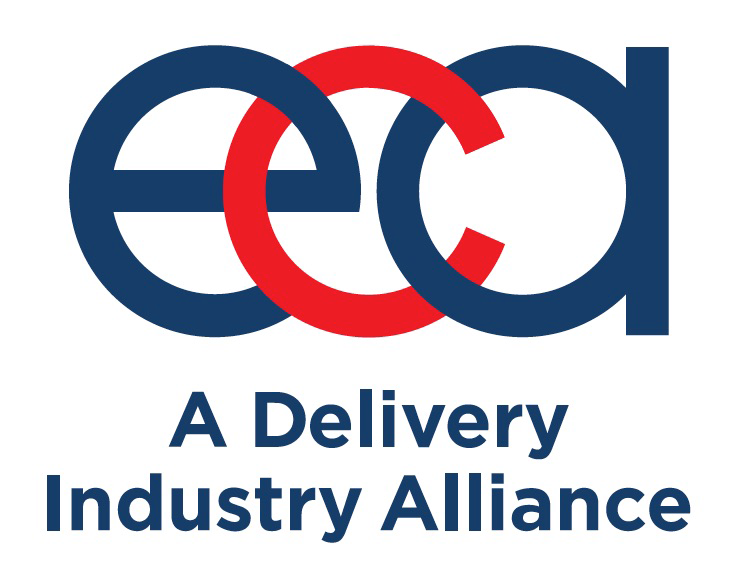We usually treat mixed messages as a poor way of communicating. But brand names that contain a pinch of negativity, or even an idea opposite the one you’d expect, have been very popular for some time now. Why is that? Why do they work?
When Mixed Messages Are A Good Thing
Check out this tellthetruths video to hear Rebeca’s unscientific (yet somehow also scientific) pet hypothesis on how this works. Then weigh in with your own theory!
This video originally appeared in Linkedin.
If you enjoyed this video, check out:
The Opposite of Love Isn’t Hate
Can We Save a Word That Sucks?
TRANSCRIPT:
Hey guys, it’s Rebeca with BrandTrue and I want to talk to you guys today about mixed messages. I used to call names that have a little bit of negativity… I can’t remember what I called them, but I’ve been calling them mixed messages lately. There’s some really powerful names, and it’s a bit of like an “in” thing in naming these days, to give them a touch of the opposite. Like Slack is a productivity tool. Or Monster, which is a beverage. These names are not purely positive, but this mixed messages approach to naming is really, really effective. And I started to think about why. This is my unscientific scientific explanation. Unscientific because it’s my hypothesis, it’s not proven at all, but scientific because I’ve decided it’s scientific.
I think it has to do with brain chemicals. Anything, any name, any event that makes us feel more, that makes us release more chemicals in our brain in reaction, tends to become more memorable. We sometimes have light bulb moments. We don’t remember every interaction, but remember the time that we first said “I love you” to each other, or proposals. Light bulb moments have a lot more emotional content. And these sorts of names, when they make us feel something, even when they confuse us, the mixed messages that are such a problem in relationships become an asset in communicating because an awake brain imprints on that name. So that’s what I think. I’ve decided it’s true. Let me know what you think. Thanks. Bye!








